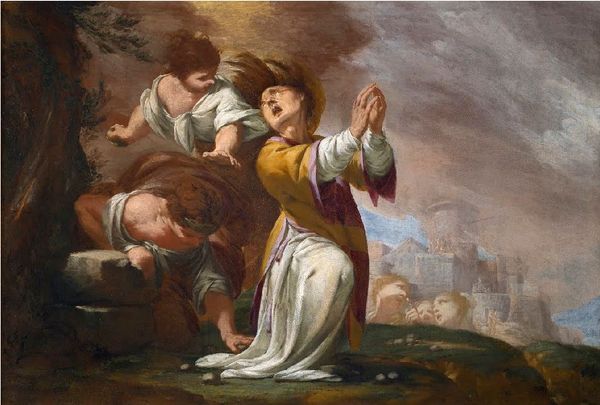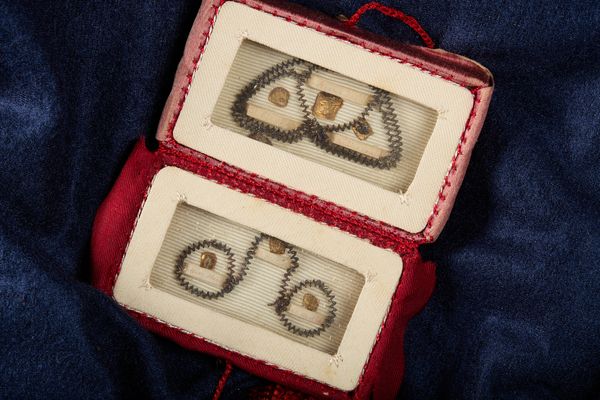Stephen is first mentioned in the Acts of the Apostles as one of seven deacons appointed by the Apostles to distribute food and charitable aid to poorer members of the community in the early church. According to Orthodox belief, he was the eldest and is therefore called "archdeacon". As another deacon, Nicholas of Antioch, is specifically stated to have been a convert to Judaism, it may be assumed that Stephen was born Jewish, but nothing more is known about his previous life. The reason for the appointment of the deacons is stated to have been dissatisfaction among Hellenistic (that is, Greek-influenced and Greek-speaking) Jews that their widows were being slighted in preference to Hebraic ones in the daily distribution of food. Since the name "Stephanos" is Greek, it has been assumed that he was one of these Hellenistic Jews. Stephen is stated to have been full of faith and the Holy Spirit and to have performed miracles among the people.
It seems to have been among synagogues of Hellenistic Jews that he performed his teachings and "signs and wonders" since it is said that he aroused the opposition of the "Synagogue of the Freedmen", and "of the Cyrenians, and of the Alexandrians, and of them that were of Cilicia and Asia". Members of these synagogues had challenged Stephen's teachings, but Stephen had bested them in debate. Furious at this humiliation, they suborned false testimony that Stephen had preached blasphemy against Moses and God. They dragged him to appear before the Sanhedrin, the supreme legal court of Jewish elders, accusing him of preaching against the Temple and the Mosaic Law. Stephen is said to have been unperturbed, his face looking like "that of an angel".
In a long speech to the Sanhedrin comprising almost the whole of Acts chapter 7, Stephen presents his view of the history of Israel. The God of glory, he says, appeared to Abraham in Mesopotamia, thus establishing at the beginning of the speech one of its major themes, that God does not dwell only in one particular building (meaning the Temple). Stephen recounts the stories of the patriarchs in some depth, and goes into even more detail in the case of Moses. God appeared to Moses in the burning bush, and inspired Moses to lead his people out of Egypt. Nevertheless, the Israelites turned to other gods. This establishes the second main theme of Stephen's speech, Israel's disobedience to God. Stephen faced two accusations: that he had declared that Jesus would destroy the Temple in Jerusalem and that he had changed the customs of Moses. Pope Benedict XVI stated in 2012 that St. Stephen appealed to the Jewish scriptures to prove how the laws of Moses were not subverted by Jesus but, instead, were being fulfilled. Stephen denounces his listeners as "stiff-necked" people who, just as their ancestors had done, resist the Holy Spirit. "Was there ever a prophet your ancestors did not persecute? They even killed those who predicted the coming of the Righteous One. And now you have betrayed and murdered him."
The account is that the crowd could contain their anger no longer. However, Stephen looked up and cried, "Look! I see heaven open and the Son of Man standing on the right hand of God!" He said that the recently resurrected Jesus was standing by the side of God. The people from the crowd, who threw the first stones, laid their coats down so as to be able to do this, at the feet of a "young man named Saul" (later identified as Paul the Apostle). Stephen prayed that the Lord would receive his spirit and his killers be forgiven, sank to his knees, and "fell asleep". Saul "approved of their killing him." In the aftermath of Stephen's death, the remaining disciples except for the apostles fled to distant lands, many to Antioch.
Credits:
Discriptions of saints lives and biographies have been excerpted, summarized, or compiled from
Franciscan Media,
CatholicSaints.Info,
Catholic Online, and
Wikipedia.

